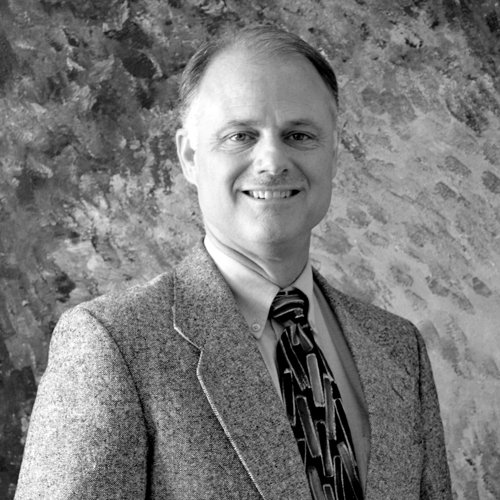Sandra Adams was a successful lawyer for a firm that focused on representing developers in commercial real estate. She had worked hard to get her law degree and pass the bar after a 10-year stint as a paralegal. While she was pleased with what she had accomplished professionally to that point, something was missing. “It was interesting work,” she recalls, “but it wasn’t very fulfilling to me.”
After a client started a long-term-care management company, Adams found her true calling. Today, as vice president and general counsel for Signature HealthCARE LLC, Adams contributes each day to the company’s mission: “To revolutionize long-term care through high-quality, person-centered care.” Adams supports that goal by participating in Signature’s strategic planning, managing risk to enable the company’s innovative programming, supporting acquisition deals and vendor agreements, protecting intellectual property, and even pitching in with hands-on patient care.
The organizational aim to raise the bar on the quality of long-term care provides the fulfilling work that she was longing for, Adams says. “Historically, a lot of long-term-care providers have struggled with the quality of care they provide,” she explains. “Even worse is the public perception that these are places where you go to die—that they are miserable places to be.”
“Healthcare is ever changing. It has not become routine. I don’t think I’ve ever become bored on this job. I’m constantly learning new things, and I can help spur innovation in healthcare.”
Signature wants to erase that perception by providing a robust quality of life for all of its residents. For instance, Signature facility residents have taken extended vacations to beach resorts, Disney World, Boston, and Branson, Missouri, among other fun locations. Most also take trips to destinations close to the facility. “It’s really heartwarming to hear vacation stories about some people who unfortunately never had the opportunity to go on vacation before,” Adams says.
Committed to enabling residents to fulfill lifelong dreams whenever possible, Signature is open to just about any activity that a resident might want to pursue—even skydiving. As a lawyer, Adams says, her first thought about such requests is, “No way, too risky.” But keeping in mind that Signature is no conventional long-term-care company, she overcomes that risk-averse impulse and figures out a way to make such unusual requests happen.
“I try to protect the company as much as possible, but with allowances for achieving the goals that we’re trying to achieve,” she says. “Being a lawyer here is very gratifying. You can help guide a company that is working to make a difference in the lives of so many people.”
Adams also helps care for patients directly at their bedsides. She, along with all of Signature’s corporate managers, went through a Certified Nursing Assistant (CNA)training program so that she can spend time working directly with caregivers and residents.
“As CNAs, we are able to get involved with daily care, which is the backbone of the company,” she says. “This helps us to better appreciate and understand the hard work that our stakeholders in our facilities do every day.”
The work includes all aspects of patient care, like assistance with dressing, bathing, and feeding, and providing support for field trips and doctor visits. In addition to the gratifying experience of meeting and caring for residents, being a CNA helps to make her a more effective lawyer. “It’s a great way to see how our work affects programs,” she says.
Furthermore, seeing how the staff works, what their roles are, and how residents react to the care they receive informs the legal work. “You get a deeper understanding of the business, such as how vendor agreements and new acquisitions should be structured,” Adams says. “This helps us to better draft documents. The more you know about the business, the better.”
Signature and its affiliates own and operate 114 skilled-nursing facilities, 11 home-health agencies, and one critical-access hospital in 10 states, all located in the Northeast and Southeast. The company provides speech, physical, and pulmonary therapy, as well as units that provide intensive rehabilitation services for patients recovering from injury or suffering from complex conditions. It also specializes in care for Alzheimer’s disease, dementia, and related conditions.
The mix of services makes for interesting work, Adams says, and the servant-leadership philosophy of management contributes to a healthy esprit de corps. The fact that upper management spends time working alongside caregivers creates a deeper understanding of the rank-and-file’s challenges and frustrations. The empathy it creates among management, Adams says, can only make Signature facilities better places to work and improve the quality of care.
The rapidly changing healthcare industry—and Signature’s continual drive to rethink how long-term care and related services are delivered—are ever-present sources of professional motivation for Adams. “Healthcare is ever changing,” she says. “It has not become routine. I don’t think I’ve ever become bored on this job. I’m constantly learning new things, and I can help spur innovation in healthcare.”

